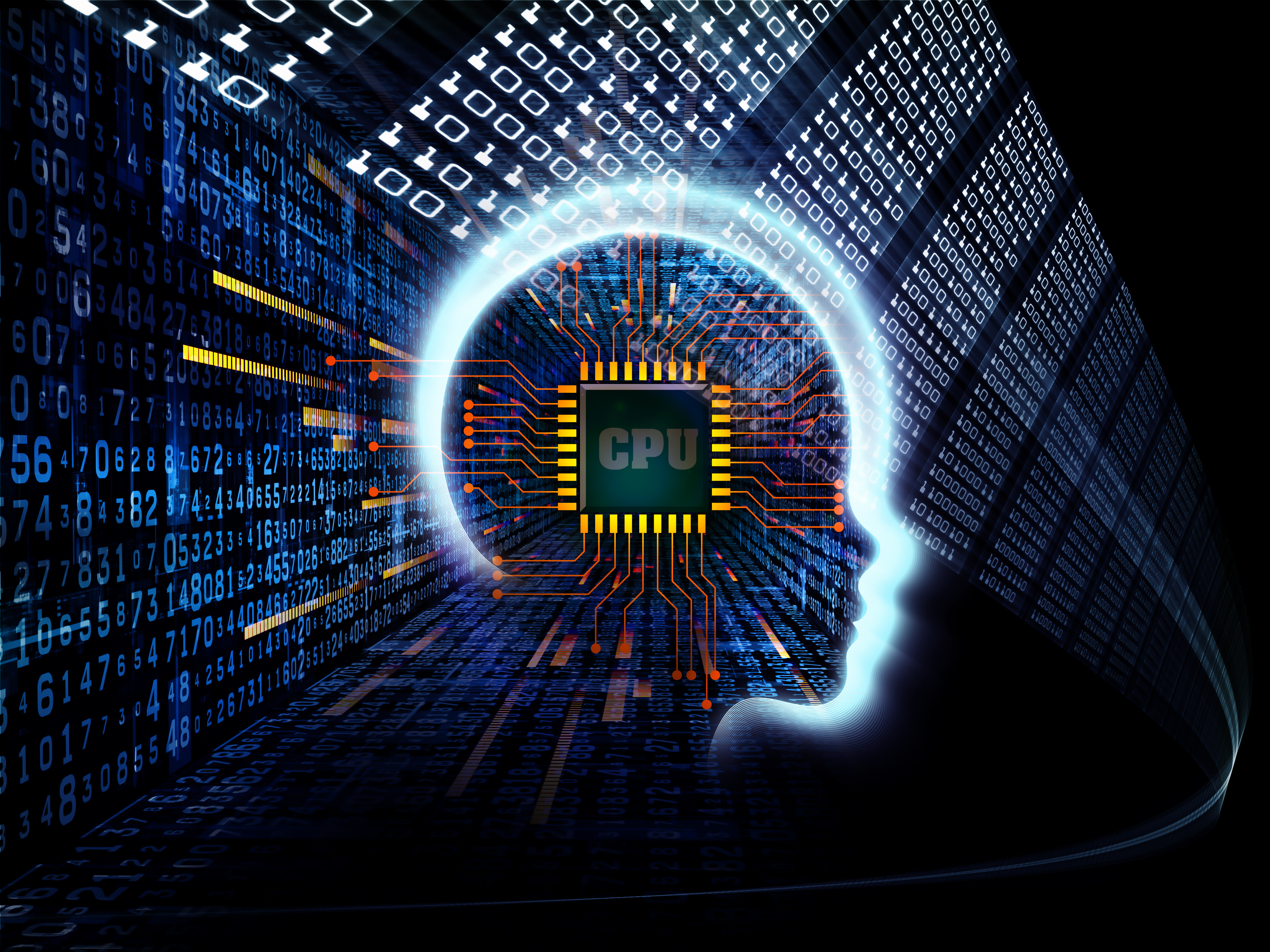
When Google announced the smarter version of Google Now called Now On Tap in a company event this year, it was only a matter of weeks that Apple followed with updates on Siri. Soon Microsoft followed with upgrades in Cortana.
The common ground for the fierce competition between these technological giants is a concept, which is at least half a century old; Artificial Intelligence (AI).
It was the deepening interest in this holy grail of Silicon Valley that made Google purchase DeepMind for $400million and resulted in Facebook’s acquisition of Wit.ai earlier this year.
Statistics show that new startups are rushing to join the bandwagon. According to CB Insights, more and more AI based startups are being funded with some companies like Sentient Technologies raising more than $100 million in funding after being operational for only a few years.
But as the world rushes to admire driverless cars and more advanced drones and stakeholders increase investment in companies behind such feats, analysts predict that it is not only machines and robots that are being made artificially intelligent. We are moving toward a future where entire companies could be run by machines without human interaction. It could be due to their increased capacity to learn or their use of algorithms to create Machine to Machine (M2M) and Machine to Consumer (M2C) companies.
There are two technologies we are using that indicate such a future is in sight.
Smart Contracts:
These are computer programs that make virtual contracts possible by facilitating, verifying, or enforcing the negotiation. In most cases they have a user interface and logically emulate real life contracts.
Blockchain:
The revolutionary public ledger technology that underpins cryptocurrency chronologically has the potential of changing financial services, as we know them today. No wonder that world venture capitalists and multinationals like Wells Fargo are investing so much money into it.
This revival of interest in AI is also perhaps the result of recent advancements in machine learning. IBM, for instance, is already developing neursynaptic chips, inspired by human brain, which are capable of recognizing patterns and manage senses. Many scientists predict that if we continue to make technology artificially intelligent at our current pace, we will soon hit the point where AI will exceed human intelligence.
This is something Google probably always knew. Software based AI companies have the potential of running away with AI faster than the hardware based companies and as Google, Apple and Microsoft compete to give consumers smarter phones, guess who has the potential to take the lead?
In his piece in Fast Company, author John Brownlee toys with the same question.
“The thing is, Google knew something we didn’t. It knew that Apple’s taste was a temporary advantage. It knew that designing a host of functional, universally integrated services was harder than designing pixels. And in the protracted thermonuclear war between Apple and Google, which first started when the search giant launched Android in 2008, Google knew that ultimately, it would be AI, not UI, that would win the war,” he wrote.
So the concept behind Google’s Now On Tap is that when a friend asks you to meet somewhere, your phone should be able to automatically add the event to your calendar, prompt you when it is time to go, give you directions, show you where to park and other stores that could be of interest to you. It will also of course remind you to get milk on your way back.
The world will inevitably change. Industries like healthcare and insurance, with large volumes of data to process are the ones most attracted to embracing AI. Digital Marketing too is being driven by data faster than ever before. EMarketer predicted that some 55% of all digital advertising dollars will be driven by programmatic initiatives in 2015 as machine learning takes precedence over human analysis. The figure is predicted to rise to 63% by next year, which represents $20 billion in programmatic ad buys.
This means, more and more digital marketing agencies are evolving into platforms that use big data and artificial intelligence to analyze, predict and improve marketing ROI.
But we have been going down this path for quite sometime now. Automation was once a novel idea, now it’s the norm. Ticket machines replaced human beings long time ago. And with Google, Apple and Microsoft offering smarter virtual assistants to us today, tomorrow seems even freer from human interaction.
I wonder whether this change would make us lonelier or more social. With our entire career paths disrupted by advancements in artificial intelligence, we would have all the time in the world we complain today of not having. The question is what will we do with it?

